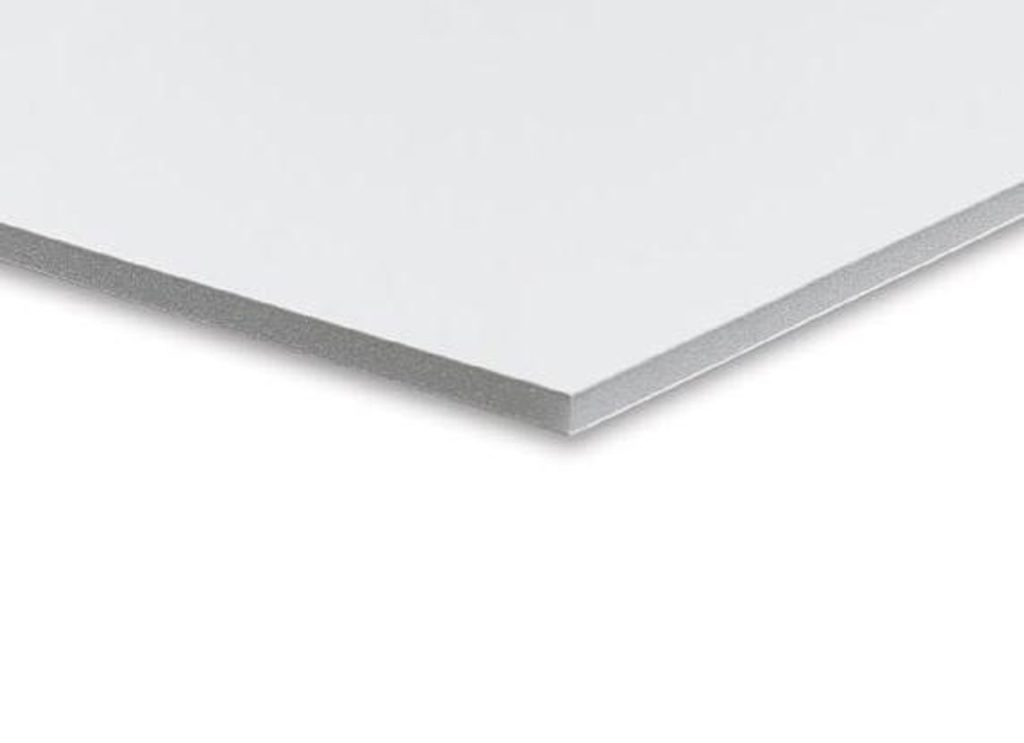When it comes to insulating your home or office, there are various options available, and one popular choice is foam boards. Foam boards, also known as foam insulation panels, have gained popularity due to their excellent insulating properties and versatility. In this article, we will explore whether foam boards are good for insulation and discuss their benefits and considerations.
What are Foam Boards?
Foam boards are rigid panels made from polystyrene, polyisocyanurate, or polyurethane foam. They are lightweight yet sturdy, making them easy to handle and install. Foam boards are available in different thicknesses, allowing you to choose the appropriate insulation level for your specific needs.
Benefits of Foam Boards for Insulation
1. High Insulation Value: Foam boards have a high R-value, which is a measure of their thermal resistance. This means they are effective at preventing heat transfer and can significantly improve the energy efficiency of a building. By reducing heat loss in winter and heat gain in summer, foam boards help maintain a comfortable indoor environment while lowering energy consumption.
2. Moisture Resistance: Foam boards have inherent moisture resistance properties, making them suitable for areas prone to high humidity or moisture exposure, such as basements or bathrooms. Unlike other insulation materials, foam boards do not absorb water, preventing mould growth and maintaining their insulating effectiveness over time.
3. Versatility: Foam boards can be used in various applications, including walls, roofs, and floors. They can be easily cut to fit any shape or size, making them adaptable to different construction requirements. Foam boards are also compatible with a range of other building materials, allowing for seamless integration into existing structures.
4. Sound Insulation: In addition to thermal insulation, foam boards offer soundproofing benefits. They have the ability to decrease external noise, resulting in a calmer and more serene indoor atmosphere. This makes foam boards an excellent choice for spaces where noise reduction is desirable, such as bedrooms or home offices.
Considerations for Using Foam Boards
1. Fire Safety: While foam boards are generally safe and meet fire safety standards, it is essential to consider their fire resistance properties. Some foam boards are manufactured with additives that enhance their fire resistance, providing an additional layer of safety. Ensure that the foam boards you choose comply with local building codes and regulations to maintain a secure environment.
2. Vapor Barrier: Foam boards can act as vapour barriers, preventing the movement of moisture. However, in some cases, this can lead to trapped moisture within the walls, potentially causing damage over time. To mitigate this risk, it is crucial to ensure proper installation techniques and consult with professionals to determine if additional vapour barriers are necessary.
The Role of Foamex at Simply Plastics
Foamex, a leading supplier at Simply Plastics, offers a range of high-quality foam boards for insulation purposes. Their foam boards provide excellent thermal insulation, moisture resistance, and soundproofing properties. With different thickness options available, Foamex foam boards can be tailored to suit specific project requirements. Furthermore, Foamex foam boards comply with fire safety standards, ensuring a safe and reliable insulation solution.
Conclusion
Foam boards, such as those offered by Foamex at Simply Plastics, are indeed an excellent choice for insulation. With their high insulation value, moisture resistance, versatility, and soundproofing capabilities, foam boards provide numerous benefits. However, it is crucial to consider factors such as fire safety and proper installation techniques to maximize their effectiveness. Whether you are insulating a residential or commercial space, foam boards can play a vital role in improving energy efficiency and creating a comfortable environment.

